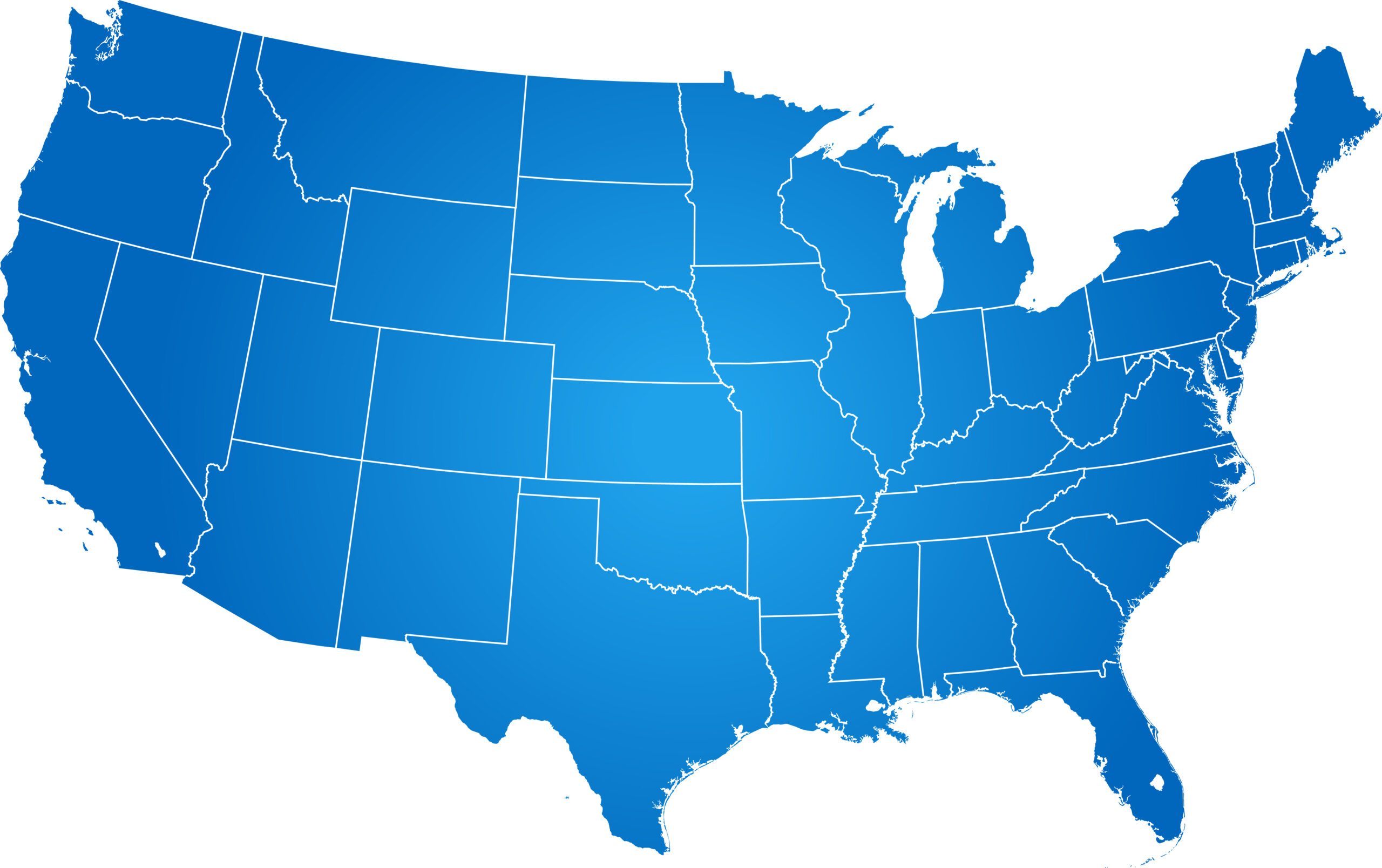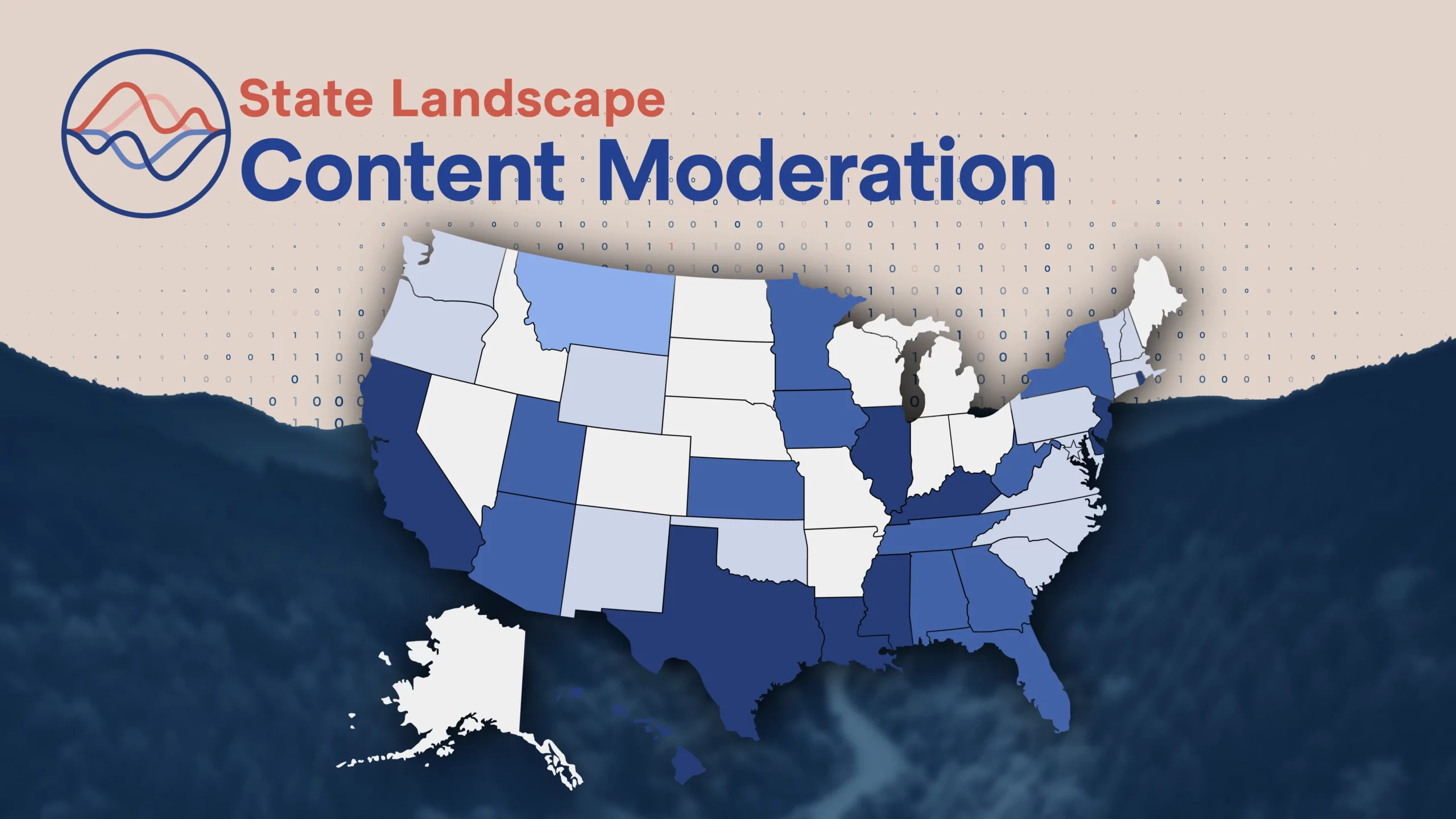Florida Content Moderation Bills Pose Risks to Taxpayers and State Operations

As state governments continue to target U.S. tech companies, Florida has emerged as one of the most significant aggressors this session. Lawmakers have been vocal in their opposition to the tech sector, especially Governor DeSantis, who made “increasing technology transparency” a key priority for the session. And with just three days left, all eyes are on the Senate where legislators are currently considering a flawed consumer data privacy bill that recently passed in the House. But in the background, a concerning pair of internet content moderation bills have been making their way through the legislature.
Florida bills H.B. 7013 and S.B. 7072 were presented as tools to punish social media companies for enforcing policies in reaction to a number of digital services suspending former President Donald Trump’s account following the incitement of violence that led to the Capitol insurrection on January 6th. Both bills would create new regulations surrounding the removal and censorship of user-generated content on digital services. They’re similar to many of the 80+ bills introduced across the states this session which contain some version of the following provisions:
- Mandate platforms provide users with detailed information on moderation practices
- Direct platforms to provide written notice to account holders about why a post or account was moderated
- Instruct platforms to give users the ability to file complaints when they believe they have been improperly censored
- Authorize attorneys general to investigate alleged improper censorship and recover damages on behalf of users
- Eliminate tax incentives for platforms “improperly censoring” speech
- Terminate contracts between state or political subdivisions of the state and contractors that engage in “targeted censorship”
These bills aim to regulate internet companies that – as users can read in their terms of service – lawfully remove material deemed as inappropriate, such as hate speech or images depicting violence. If enacted, these bills could harm already struggling state budgets by threatening tech companies that would otherwise help to boost revenue and creating an environment ripe for frivolous lawsuits. Further, legal experts have pointed out that the proposals likely violate both free speech rights, as well as Section 230 of the Telecommunications Act.
A closer look into H.B. 7013 and S.B. 7072 shows that they could also have serious unintended consequences that negatively impact state operations and waste taxpayer dollars. The bills walk a fine line between equating content moderation “violations” with antitrust offenses. In addition to many of the aforementioned provisions, under the new regulations, a company that has violated or is being investigated for antitrust violations would be placed on a new “antitrust violator vendor” list and restricted from contracting with the government. Beyond the serious due process concerns with penalizing a business based on unfounded accusations, this would effectively outsource Florida’s government contracting decisions to other jurisdictions by taking at face value claims made in legal proceedings anywhere in the U.S.
The move could interrupt government functions and harm taxpayers, in part because the original bill language is broad enough that it might be applied to companies not typically considered to be “social media platforms.” This includes businesses that supply the government with important goods and services such as cloud storage and tech support.
Severing major contracts based upon untested accusations could significantly disrupt government operations. For example, new rules could lead to cutting ties with companies that provide important software licenses, the suspension of programs that have allowed public servants to work remotely during the pandemic, and the termination of critical cybersecurity systems that keep Floridians safe. The new regulations would also apply to contracts with the state’s public education system.
Limiting the businesses that the state is allowed to contract with might also harm taxpayers. As the stewards of public dollars, governments are responsible for securing the highest quality goods and services at the lowest possible price points. Excluding a company that might best satisfy both requirements based on unproven allegations is a bad business practice, and a misuse of taxpayer funds. This is particularly troubling as the companies that state lawmakers admit they’re seeking to crack down on are among the most innovative in the tech sector and consistently produce solutions to tackle governments’ most pressing challenges, including the COVID-19 vaccine rollout.
The legislature’s own analyses imply that the bill will have little impact on state funds, though limiting the list of vendors the state is permitted to contract with suggests otherwise. Further, the bill would not only allow for the attorney general to bring charges against a company, but would also provide a private cause of action for individuals who have had their content removed from a platform. This provision could lead to citizens filing trivial lawsuits that could clog the state’s court system while shifting the financial burden to taxpayers.
Yesterday in a move that suggests lawmakers are beginning to understand how truly flawed the legislation is, an amendment to the bill modified the definition of “social media company” which creates a more accurate depiction of the term. Still, concerns over the legality and unintended consequences of the bill remain.
Despite numerous proposals, no state content moderation bills have been enacted yet this session, and the only one to make it to a governor’s desk was vetoed in Utah. It’s less likely that H.B. 7013 will pass given the limited time left in the session, though S.B. 7072 has a fighting chance, and there’s little doubt that the governor would eagerly sign it.
While policymakers seem determined to target tech companies, it’s never too late for Governor DeSantis to do the right thing when taxpayer resources, constitutional rights, and the state’s economic recovery hang in the balance.








